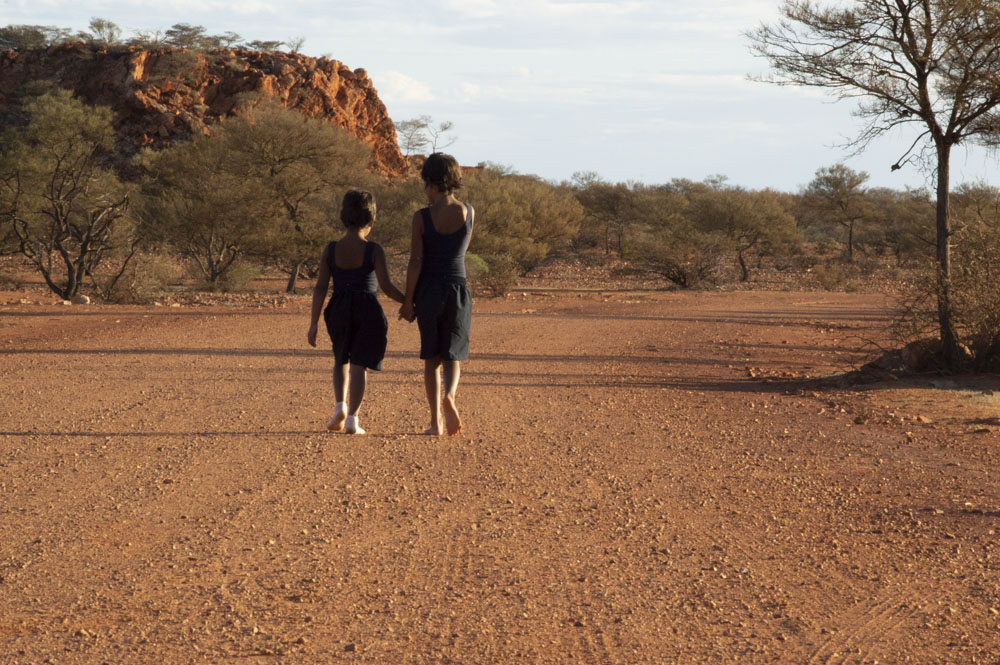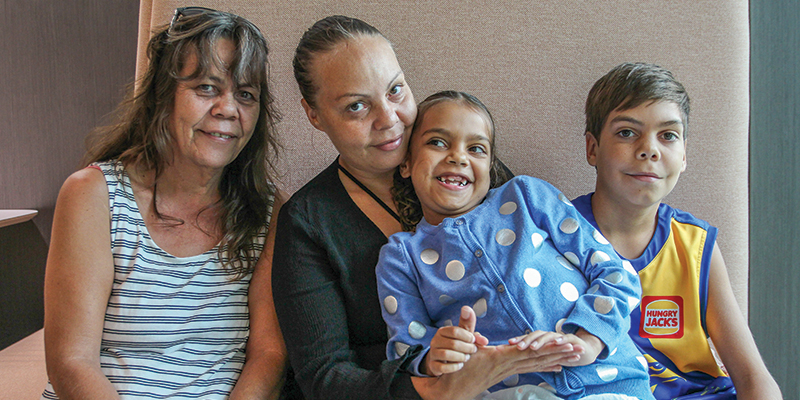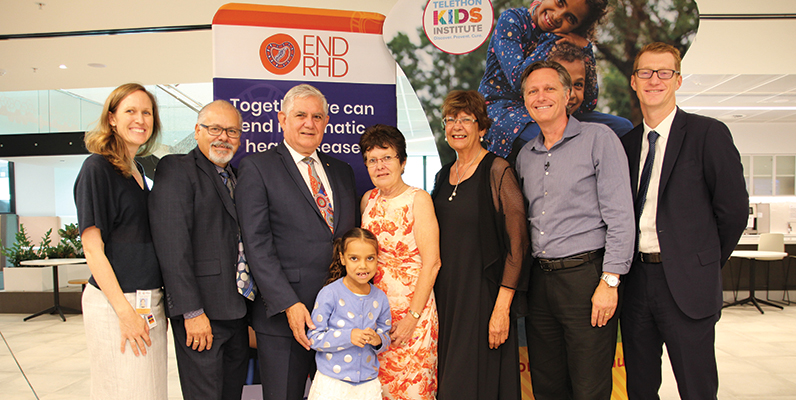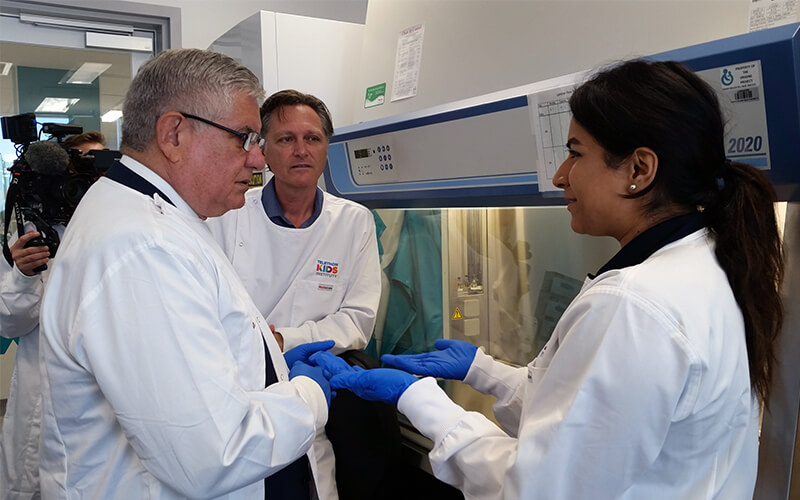Search
Research
Dysregulated IL-1β-GM-CSF Axis in Acute Rheumatic Fever That Is Limited by HydroxychloroquineWe propose that hydroxychloroquine could be repurposed to reduce the risk of rheumatic heart disease after acute rheumatic fever
Research
Rheumatic Heart Disease Worldwide: JACC Scientific Expert PanelThe authors present a variety of pressing clinical research questions on optimal RHD prevention and advanced care
Research
Rheumatic heart disease in Timor-Leste school students: an echocardiography-based prevalence studyThe rates of RHD in Timor-Leste are among the highest in the world, and prevalence is higher among girls than boys
Research
Prospective cohort study of childhood behaviour problems and adolescent sexual risk-taking: Gender mattersThis study sought to determine relationships, by gender, between childhood behaviour problems and adolescent risky sexual behaviours and substance use.
Research
Immuno-nephelometric determination of group streptococcal anti-streptolysin O titres (ASOT) from dried blood spots: Method for validating a new assayThis study was designed to determine the sensitivity and reproducibility of recovering anti-streptolysin O titres (ASOT) from dried blood spot (DBS) samples
Research
Disparity in Mortality From Rheumatic Heart Disease in Indigenous AustraliansIndigenous Australians are much more likely to die from Rheumatic Heart Disease than other Australians.

News & Events
Six-minute Strep A tests dramatically cut wait time in remote settingsChildren at risk of potentially life-threatening Strep A infections no longer have to wait five days for timely treatment, thanks to a The Kids Research Institute Australia study conducted in the remote Kimberley region of Western Australia.

News & Events
Finding answers for Tenaya: from a sore throat to open-heart surgeryWhen Katrina took her daughter Tenaya to the local emergency department for the fourth time, she was determined she wouldn’t be leaving without answers.

News & Events
Ending deadly heart disease finally within our sightsIt's been a huge year for those working to eliminate rheumatic heart disease (RHD), with breakthroughs including $35M in funding to develop a Strep A vaccine.

News & Events
$35 million to develop vaccine with potential to save half a million lives per yearA vaccine to prevent rheumatic heart disease (RHD) and other life-threatening conditions caused by the common Strep A bacteria is a step closer thanks to funding announced by Minister for Indigenous Health, Hon Ken Wyatt AM, MP, in Perth today.
